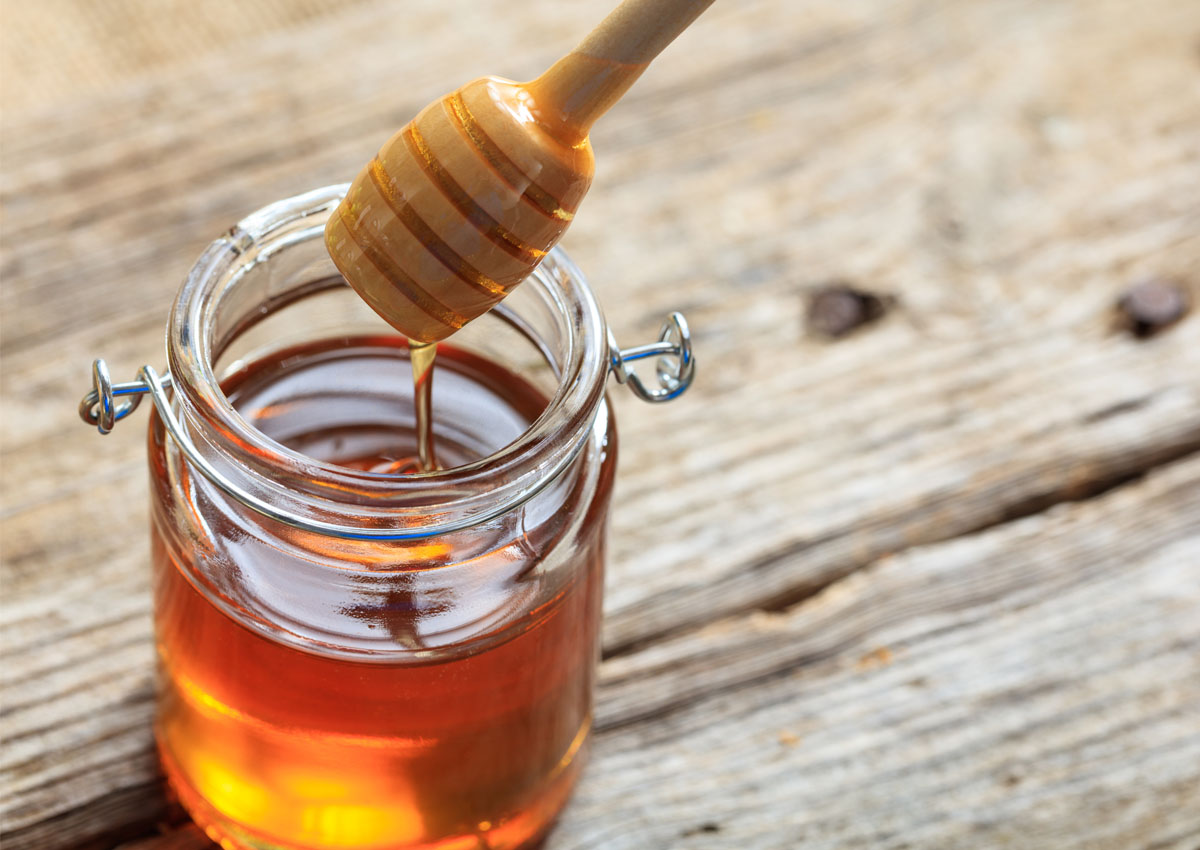
Engineered Bacteria Produces BeeFree Honey
November 27, 2019| |
A team of 12 students from the Department of Biotechnology and Food Engineering at Israel's the Technion - Israel Institute of Technology has developed a bee-free honey produced by the bacterium Bacillus subtilis, which "learns" to make honey following reprogramming in a lab. For the project they named BeeFree, the team won a gold medal at the recent iGEM (International Genetically Engineered Machine) competition held in Boston, Massachusetts, USA, where some 300 teams from different universities around the world took part.
Students from six different disciplines – biomedical engineering, medicine, biotechnology and food engineering, industrial management and engineering, chemical engineering, and aerospace engineering – came together to create BeeFree. The team worked on this project to create a product that will stop the poor treatment of bees from bee farming and prevent the phenomenon called Colony Collapse Disorder (CCD).
The team established a comprehensive model of the entire "Synthetic Honey Stomach" metabolic pathway. "Our vision is to create a sustainable BeeFree honey using engineered bacteria, which will process a nectar-like solution using secreted enzymes that mimic the honey stomach environment," the BeeFree website states. They used B. subtilis as a bacterial model for protein secretion because its high secretion capacity made it a prime candidate to produce the target enzymes and create "BeeFree" honey.
For more details, visit the BeeFree website.
| |
You might also like:
- Scientists Develop New Approach to Protect Honey Bees
- Effects of Single and Stacked Bt Cotton on Honey Bee and Silkworm
- Honey and Food Supplements Containing Pollen from GMO
Biotech Updates is a weekly newsletter of ISAAA, a not-for-profit organization. It is distributed for free to over 22,000 subscribers worldwide to inform them about the key developments in biosciences, especially in biotechnology. Your support will help us in our mission to feed the world with knowledge. You can help by donating as little as $10.
-
See more articles:
-
News from Around the World
- Science and She: Empowering Women in Science
- Scientists Develop "War Room" Simulations to Fight Crop Diseases
- Gene-editing Increases Sorghum's Protein Content
- PH Scientists Lead Discussions on Biotech Crops Safety with Food and Feed Industry
- Biotech Saves Lives, DOH Undersecretary Says
- Engineered Bacteria Produces BeeFree Honey
-
Research Highlights
- Research Team Discovers Gene for Iron Control in Plants
- Utrecht Biologists Discover Mechanism for Plant Growth Under High Temperatures
-
Plant
- Gene Editing of the Jasmonate Biosynthesis OsAOC Gene in Rice
- Study Pinpoints an NLR Gene that Confers Partial Resistance to Rice Blast Fungus
-
Read the latest: - Biotech Updates (December 17, 2025)
- Gene Editing Supplement (December 17, 2025)
- Gene Drive Supplement (February 22, 2023)
-
Subscribe to BU: - Share
- Tweet

